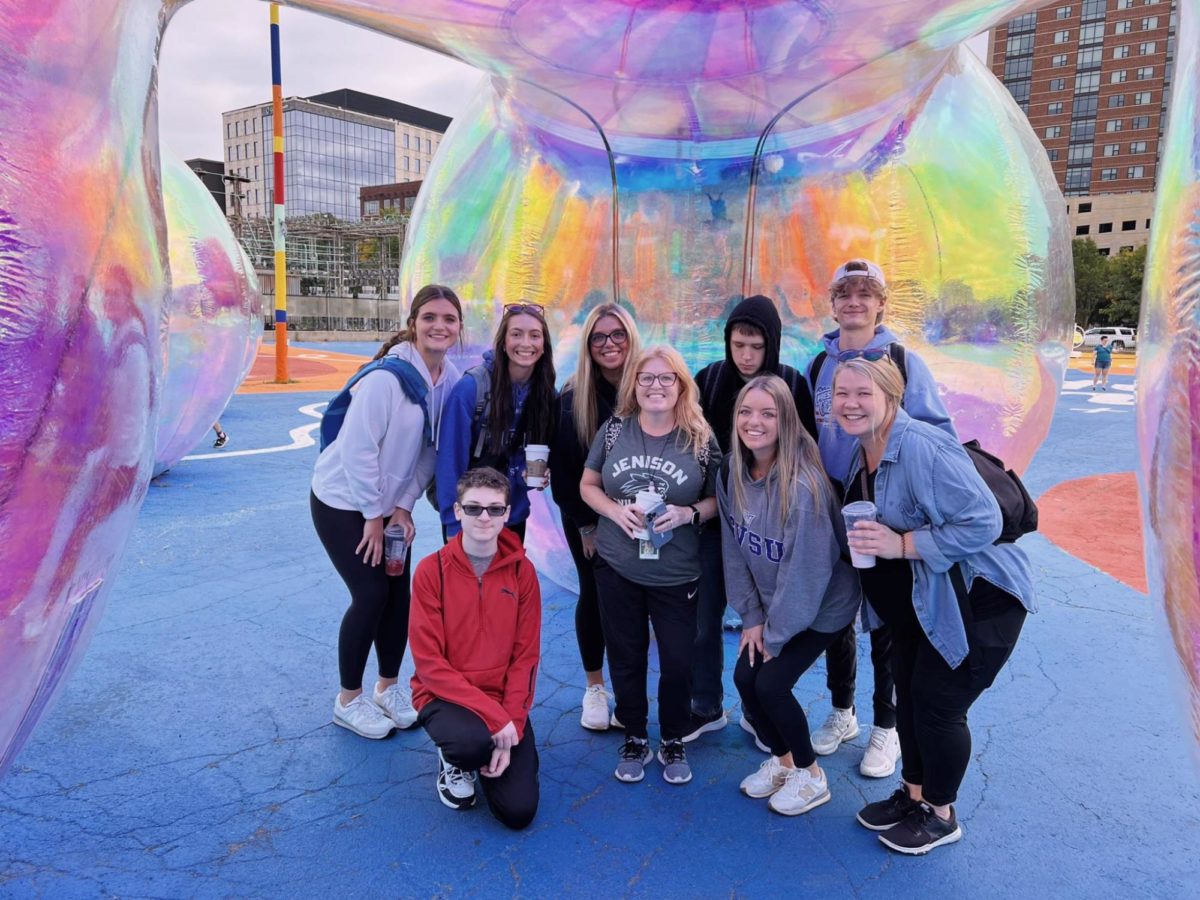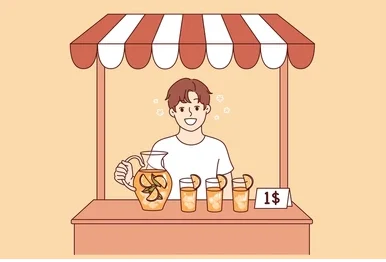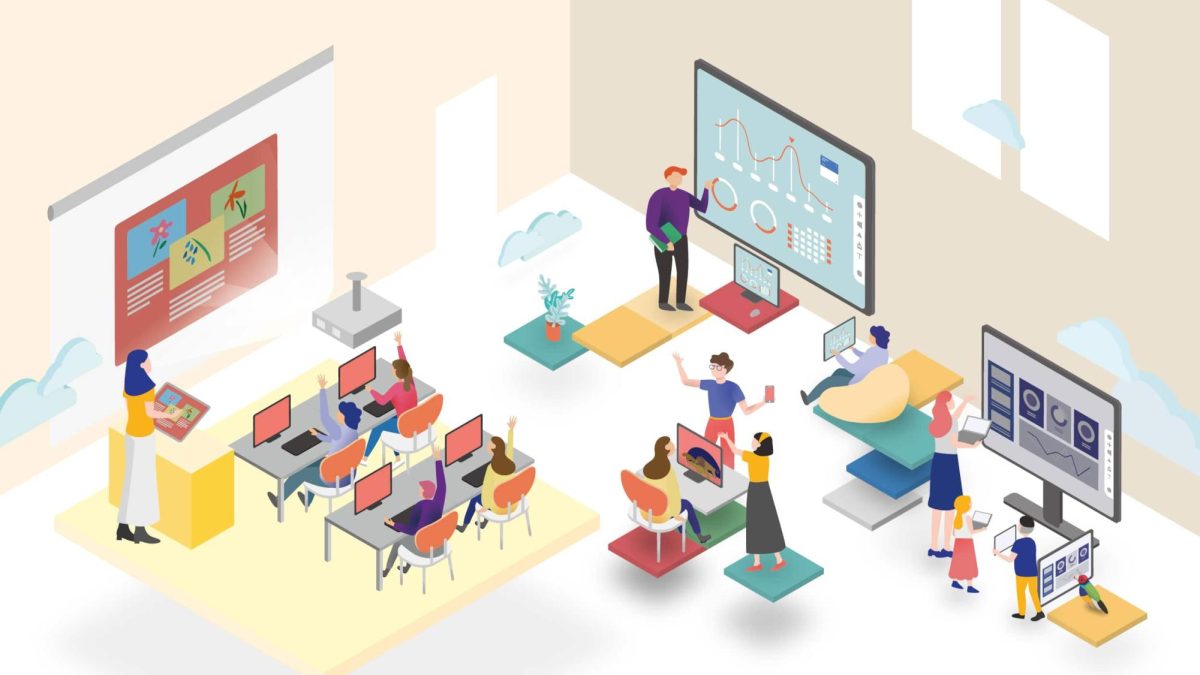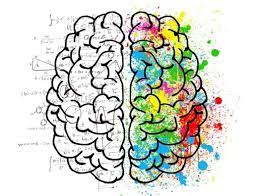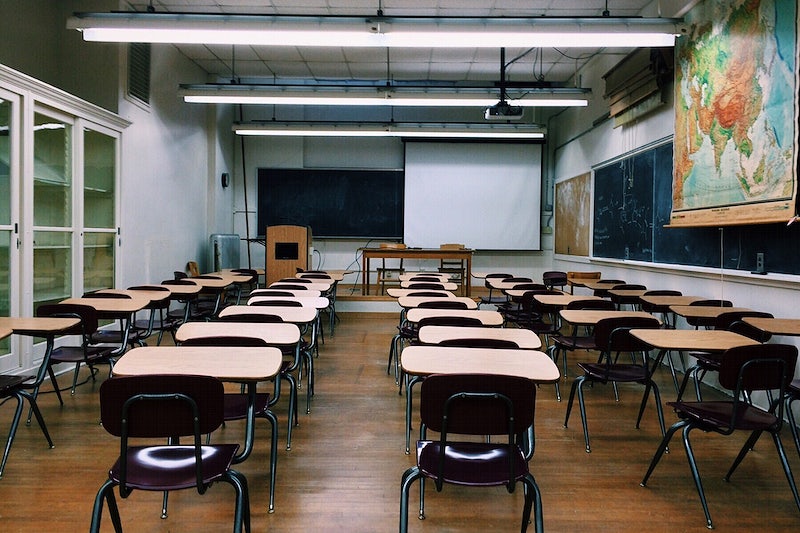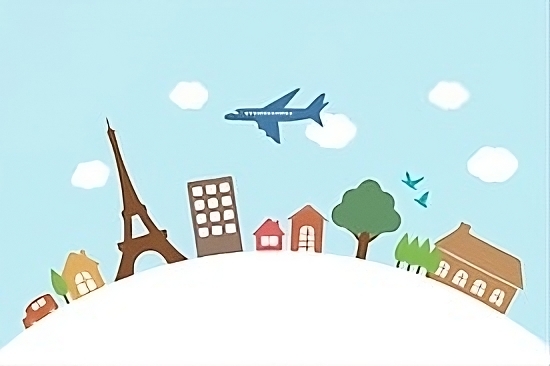“If we can support them, and be a friend to them, their life changes so much.” – Stacey VanLaan, Teacher at JHS.
Treating everyone with kindness and support is important. Interacting with those who are neurodivergent creates a special bond between both people. It shows them that we see them as human and the differences in their brain wiring do not define them or their capabilities.
What does Nueordivergent mean?
Nicole Baumer, MD, MEd, Contributor, and Julia Frueh, MD, Guest Contributor said, “Neurodiversity describes the idea that people experience and interact with the world around them in many different ways; there is no one “right” way of thinking, learning, and behaving, and differences are not viewed as deficits… neurodiversity refers to the diversity of all people, but it is often used in the context of autism spectrum disorder (ASD), as well as other neurological or developmental conditions such as ADHD or learning disabilities.”
Lots of different things fall under the word neurodivergent. Autism Spectrum Disorder, ADHD, and Down Syndrome are most common and known.
Students who are neurodivergent do not need to have things “dumbed down”. They are humans deserving of equity and kindness. In the end, people who are neurodivergent are capable of learning, understanding, and doing the same things as anyone else no matter the modifications or time it may take.
A modification means altering or changing something in a slight way for the use of help. They can make all the difference in the means of meeting the needs and goals of all people.
Examples of modifications:
-Noise-canceling headphones
-fidgets
-often movement breaks
– kindness and patience
These modifications, if necessary, make things more possible.
Joining a program
There are so many opportunities to show support for those who are neurodivergent. The Jenison School district has a program called “LINKS”. “LINKS” is a program where a neurotypical student ( someone who does not have Autism Spectrum Disorder, etc.. ) gets paired up with someone who is neurodivergent. This is an elective class that has so many benefits. It is a natural and friendly way to help students with independence and relationships. My experience with this class has been amazing. It has brought me so much joy to watch the growth of friendships.
A great way to get involved with something like LINKS is the Special Olympics. Special Olympics is a program where students with a disability can be in sports at the Olympic level no matter their needs. The Jenison community version of this is UNIFIED P.E. Unified P.E. is where students in LINKS, join a physical education class with other students to learn about physical health. This is a great program because students are not separated due to their abilities. Another great way to show your support to those who are neurodivergent is by joining a summer camp in Michigan called Camp Sunshine. Their goal is to create a joy-filled, and welcoming place. Those who have cognitive (mental) or physical disabilities get to have fun at an inclusive camp during the summer.
“Camp Sunshine, I will always talk about Camp Sunshine. It is an amazing opportunity during the summer to just really immerse yourself in a place that has different types of disabilities,” said Stacey Van Laan ASD teacher at JHS.
Joining any of these programs amongst many others across the city, state, and country are incredible ways to show support to people who are neurodivergent and will also work to create a more inclusive community.
September 26th, 2023 the Jenison LINKS program took a field trip. The trip was to Downtown Grand Rapids for ArtPrize. ArtPrize is an international art competition that lasts around 2 weeks. It makes a fun day for family or a field trip for anyone.
This was such a fun day and made me realize that those who have ADHD, Autism, Down Syndrome, etc.. do not always get to experience the same fun learning opportunities as neurotypical students. For example, the Jenison Art classes take field trips often, but not all students take an art class. This is why the field trip was so important, it shows that people who have disabilities are able to experience and learn the same things as those who are neurotypical.
The Impact
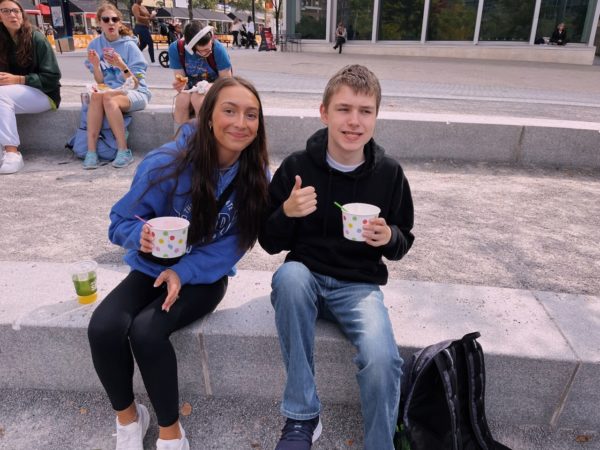
When asked how supporting students who are neurodivergent impacts them, Van Laan said,
“They are going to grow socially.. academically, and they’re going to grow behaviorally by just having more friends around them.. then their life grows. Because if you have friends and if you have that sense of belonging.. then you’re involved in so many more things… which is going to make your life ultimately a safer place and a better place to be.¨
Situations where you can get to know their likes and dislikes, what their home life is like, and even their favorite treat can be important to know. Connecting with them and showing support as a friend, helps people open up and know they have someone who has their back.
Speaking up
Establishing independence is a lifelong lesson for everyone but is especially important for those who are neurodivergent. It can be difficult for them to stand up for themselves in certain situations, especially ones where they are unable to. If you see something, say something. Be mature and kind and show your support for them by asking if they can handle the situation on their own or if they feel like your help is necessary. People who are non-verbal may have a much harder time defending themselves. Help them out if they are being spoken to inappropriately or unkind. Promoting this in all schools, and communities is a way that makes those who are neurodivergent as well as everyone else feel heard and not alone.
Although, you can’t stop every person who has a specific mindset about people who are different from them. The more people who can step in and respond when seeing things that are not okay are needed. In the article “Creating Communities of Belonging..” Erik W. Carter & Elizabeth E. Biggs stated that “Students will flourish most within a learning community where belonging is actively promoted and personally experienced. As you take steps to improve practices and postures throughout your school, continue to reflect on emerging opportunities and needs. Engage students with and without disabilities in efforts to promote inclusion and belonging for all students….We all want to belong.”
As stated earlier, WE ALL WANT TO BELONG. There are so many ways to show your kindness and support for people who are neurodivergent. It is as important to be kind to everyone else, but in the real world, kindness is lacking in the areas where minorities, and people who may be “different” are present. Reminding ourselves that there is no such thing as “normal” is something everyone should know. Every individual is just as important as everyone else, and a chemical imbalance, or brain wiring difference for example should not be what makes someone incapable of a task, or deserving of hurtful words. Giving everyone support in their life can make a big difference in their mental headspace, and the way they view and live their lives. Joining a program where neurodivergent people are represented will help promote inclusion, help them out, and likely bring a sense of worth and happiness to both people.
Showing support
Speaking up when you notice something unacceptable happening shows immense support. They do not need everything done for them. Yet, it can make such a difference in the way people who are neurodivergent view themselves in the world, when someone speaks up and shows they care about them. The world needs an even playing field for everyone. The same opportunities and respect should go to everyone. Once again, being someone who is neurodivergent does not define their personality or capabilities. Being able to give equity and support to everyone will make the world a better place. We are all trying to make it through each moment, one day at a time. Be a friend and most importantly be kind to all kinds.
